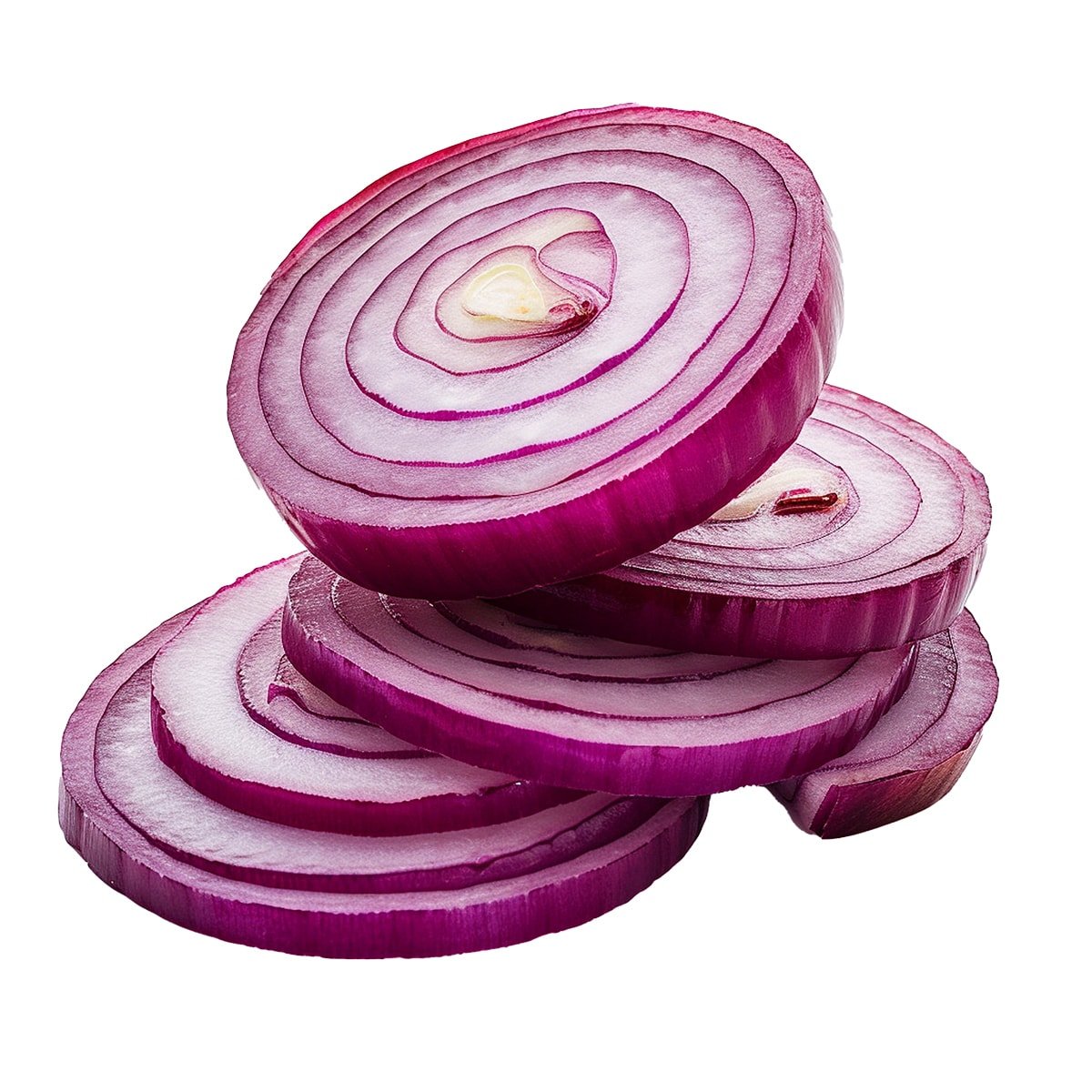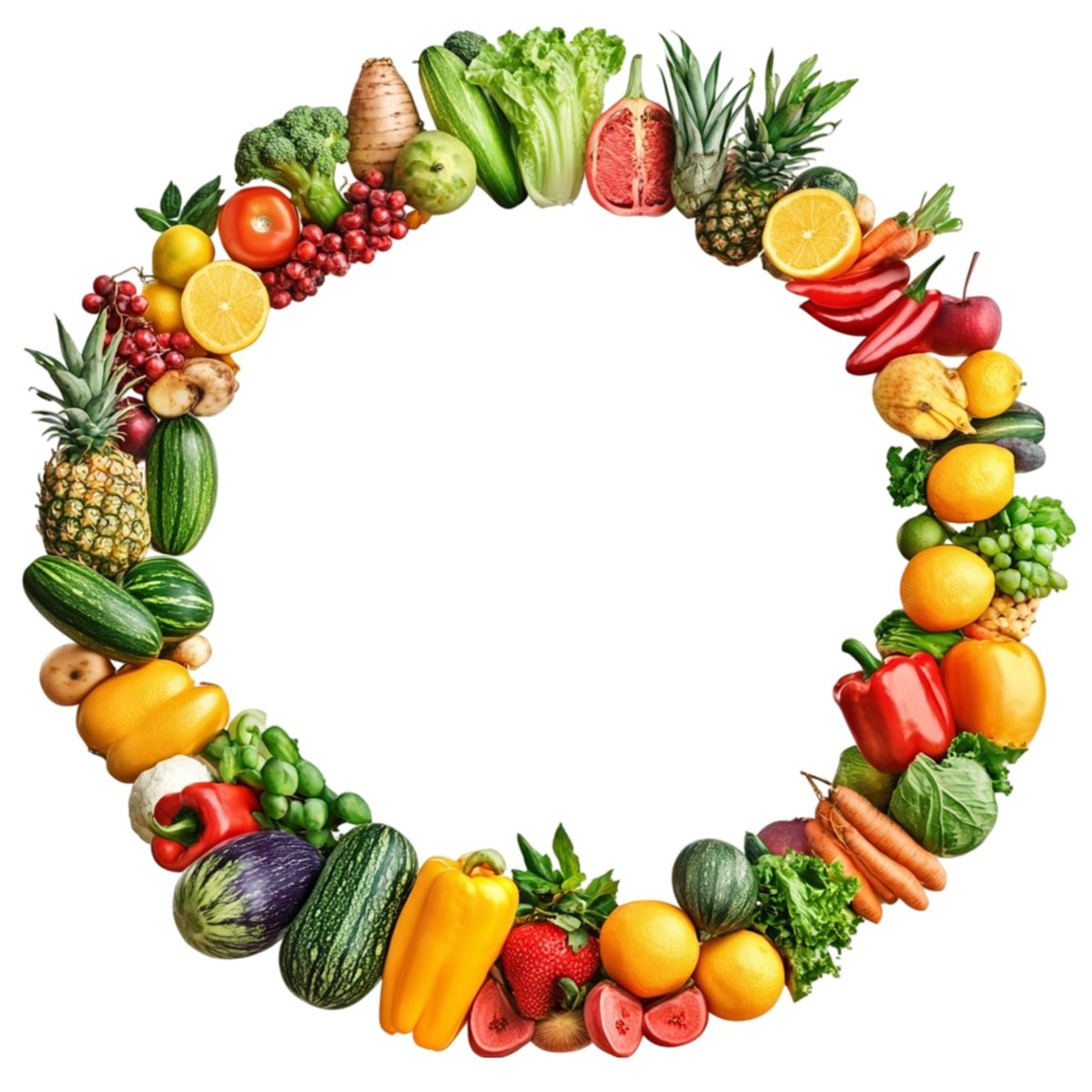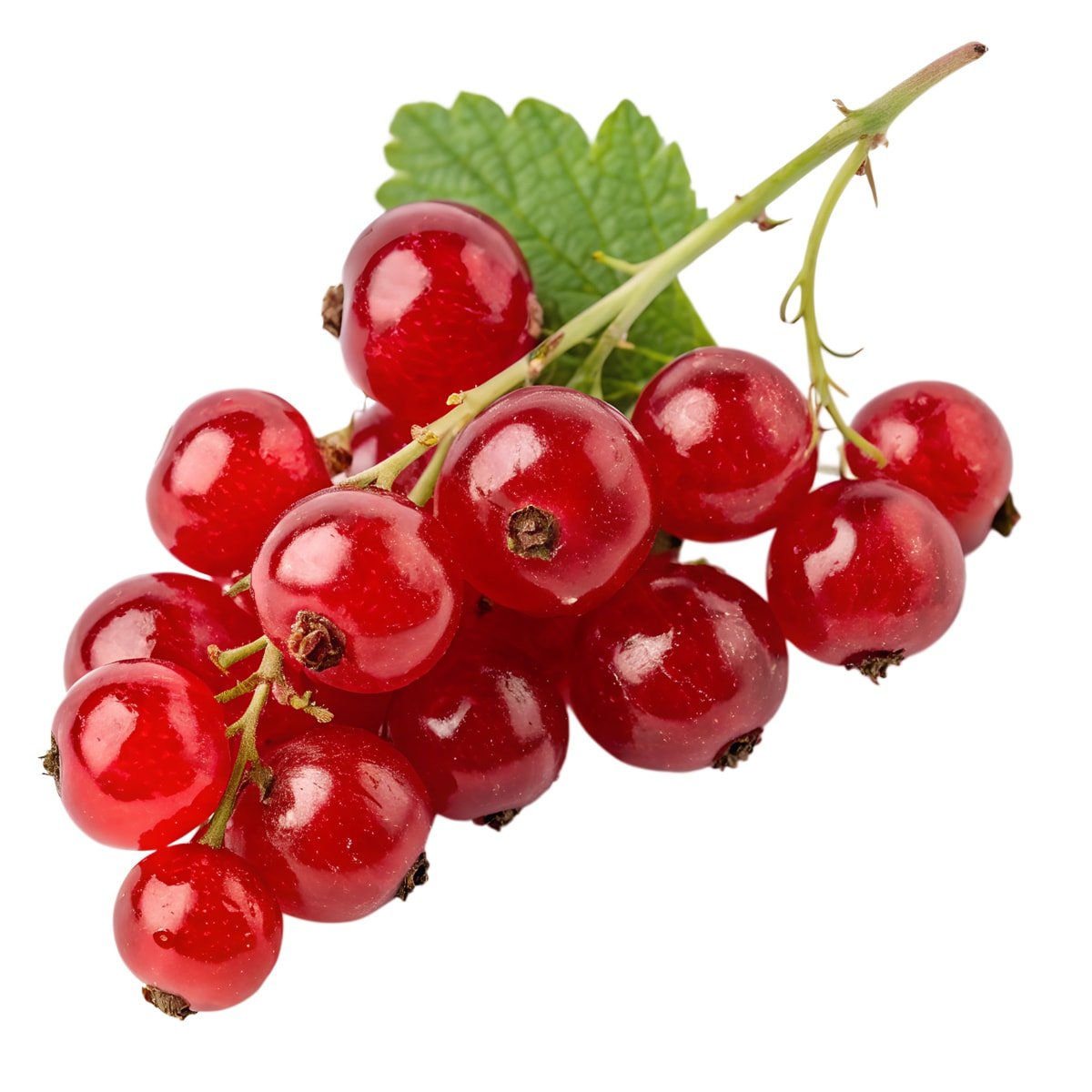The body's toxin hunter

Our bodies produce hundreds of toxins during metabolic processes. Furthermore, exposure to UV rays, smoking, alcohol, air pollution, and, most often, foods and drinks containing additives further exacerbate toxin accumulation.
Some of these harmful wastes are cleared by the intestines, kidneys, sweat glands, and lungs. However, because our toxic load is so high today, we need antioxidants. Nutrition and Diet Specialist Esma Nazlı Bulut, noting that quercetin is one of the body's toxin-busting antioxidants, explained the properties and natural sources of this compound as follows:
Do supplements have side effects?Consuming more than 1,000 milligrams of quercetin daily can cause side effects. It's difficult to get this amount through natural foods, but it can be achieved through unintentional supplement use. It can also interact with various medications, causing unwanted side effects. Therefore, consult a doctor before taking quercetin supplements.

Quercetin is a flavonoid found naturally in plants. This compound plays a role in plant defense mechanisms and is known for its antioxidant properties.
Its power has been proven by scientific research
Many scientific studies show that quercetin is a remarkable and very powerful antioxidant that supports the body's fight against toxins, reduces oxidative stress and lowers the risk of chronic disease.

Just consume these foods regularly.
Quercetin is found abundantly in foods such as capers, yellow and green peppers, red and white onions, garlic, asparagus, red grapes, cherries, tomatoes, apples, broccoli, cabbage, Brussels sprouts, citrus fruits, hazelnuts, almonds, pistachios, black and green tea, red leaf lettuce, cranberries, blueberries and raspberries.
Regularly consuming these foods within a balanced diet (including apples and tomatoes with their skins) helps meet the body's quercetin needs. Consuming these foods fresh, raw, and in season also increases quercetin intake.

Anticarcinogenic: Quercetin, a powerful antioxidant, neutralizes free radicals in the body and protects cells from oxidative stress. This can slow signs of aging and reduce the risk of chronic disease. Studies also suggest that this molecule's powerful anticancer properties may reduce cancer risk by inhibiting tumor cell growth.

Antibacterial: It also exhibits strong antibacterial effects in combating bacterial infections related to the stomach, skin, respiratory and urinary systems.
Anti-inflammatory: Quercetin is beneficial for joint pain and other inflammatory conditions, especially with its ability to reduce inflammation.
Immune supporter: This compound supports the immune system, increasing the body's resistance to infection and enabling the development of a more effective defense mechanism against disease. Heart-healthy: Quercetin is effective in reducing the risk of heart disease by lowering blood pressure and preventing atherosclerosis. Quercetin may also reduce the risk of heart attack and stroke by preventing the accumulation of fat in blood vessels.
Allergy reliever: Quercetin reduces histamine release, thus relieving the symptoms of allergic reactions, especially during seasonal transitions.
Cure for muscle fatigue: Thanks to its antioxidant and anti-inflammatory properties, it reduces muscle fatigue and has a supportive effect on the healing and recovery process.
Wrinkle, eczema, and acne reduction: Exposure to air pollution, UV rays, and stress in daily life accelerates the aging process in skin cells. Quercetin neutralizes these harmful molecules, helping skin stay youthful and healthy. Its anti-inflammatory properties can also slow down and reduce the appearance of acne and eczema. Another positive effect is that it slows the breakdown of collagen, the essential protein that keeps skin firm and plump, thus delaying the formation of wrinkles.
Supporting reproductive health: Quercetin, which is good for sexual health with its power to improve blood circulation, also helps with erectile dysfunction in men.
SÖZCÜ





